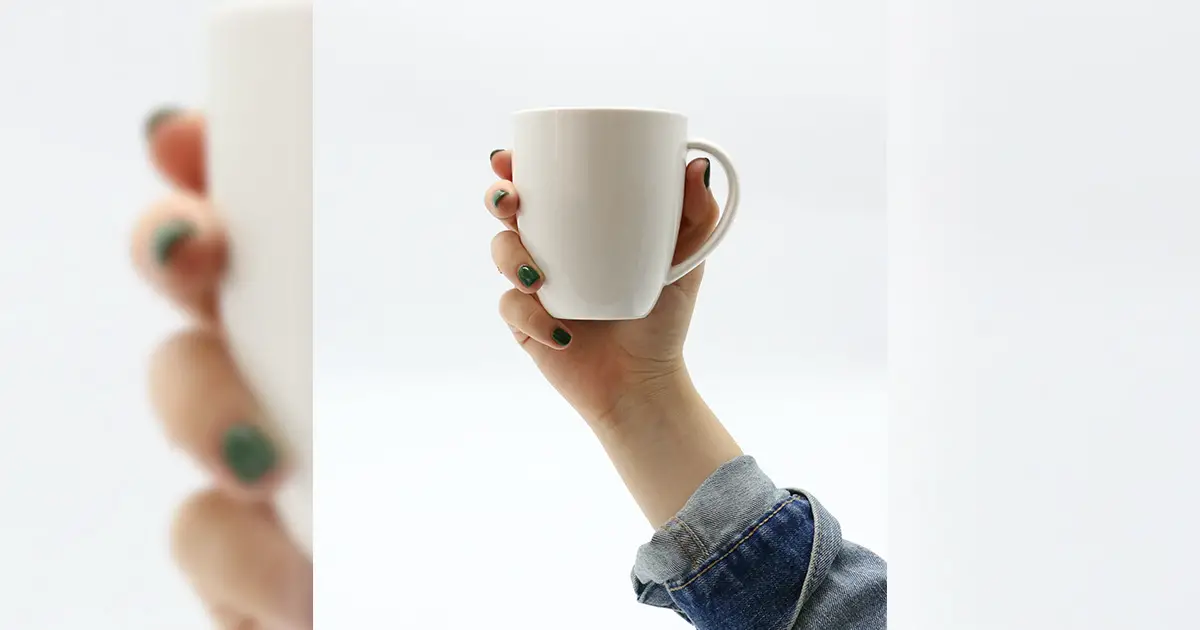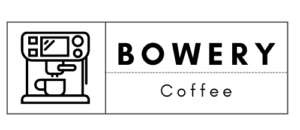Welcome to our blog where we delve into common questions regarding health and wellness. Today, we’re focusing on a question that many individuals wonder about: Can I drink coffee after taking zinc? Alongside this query, we’ll also address related concerns to provide you with a comprehensive understanding of how zinc supplementation interacts with various aspects of your daily routine.
Can I Drink Coffee After Taking Zinc?

Answer: Yes, you can drink coffee after taking zinc. However, it’s essential to understand the potential interactions between zinc and coffee to ensure optimal absorption and effectiveness of the supplement.
Factors to Consider:
-
Timing: While coffee can be consumed after taking zinc, it’s advisable to wait at least 30 minutes before drinking coffee or consuming any other beverages or foods. This waiting period allows for proper absorption of zinc without interference from coffee’s compounds.
- Acidity: Coffee is acidic, which can potentially affect the absorption of certain nutrients, including zinc. However, the impact of coffee’s acidity on zinc absorption is minimal and unlikely to significantly affect its effectiveness when consumed in moderation.
-
Caffeine Content: Caffeine, a key component of coffee, has diuretic properties that may increase the excretion of zinc through urine. However, this effect is generally not significant enough to warrant concern unless consuming excessive amounts of coffee.
Tips for Optimal Zinc Absorption:
-
Take Zinc with Food: Consuming zinc supplements with meals can enhance absorption as food helps to stimulate the production of stomach acid, which aids in the breakdown and absorption of nutrients.
- Avoid High-Fiber Foods: While fiber is essential for overall health, consuming high-fiber foods alongside zinc supplements may interfere with absorption. If possible, try to space out your intake of high-fiber meals and zinc supplements.
-
Consider Zinc Citrate or Zinc Picolinate: These forms of zinc are more easily absorbed by the body compared to other forms such as zinc oxide. Opting for zinc citrate or zinc picolinate supplements may enhance absorption and bioavailability.
How long after coffee can I take zinc?





